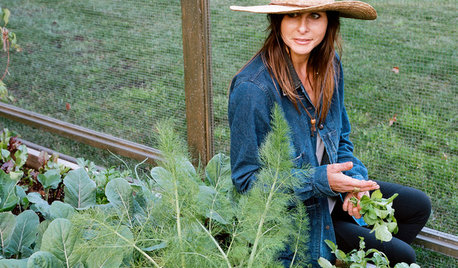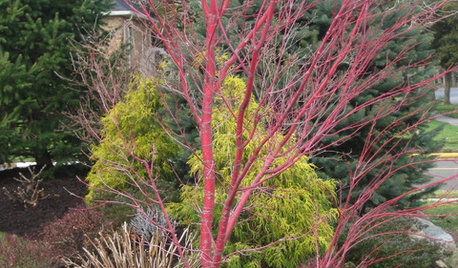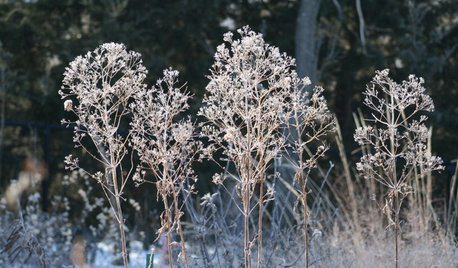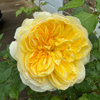Advice for stem canker
kittymoonbeam
11 years ago
Related Stories

DECORATING GUIDES10 Design Tips Learned From the Worst Advice Ever
If these Houzzers’ tales don’t bolster the courage of your design convictions, nothing will
Full Story
FARM YOUR YARDAdvice on Canyon Farming From L.A.'s Vegetable Whisperer
See how a screened garden house and raised beds help an edible garden in a Los Angeles canyon thrive
Full Story
WINTER GARDENINGPruning Secrets for Exquisite Roses
Encourage gorgeous blooms year after year with this time-tested advice on how to prune your rosebush in winter for health and shape
Full Story
TREESGreat Design Plant: Coral Bark Japanese Maple, a Winter Standout
Go for garden gusto during the chilly season with the fiery red stems of this unusual Japanese maple
Full Story
LIFEThe Wisdom of Kenny Rogers, for Declutterers
No need to gamble on paring-down strategies when the country music legend has already dealt out some winning advice
Full Story
TASTEMAKERSInterview: The Design Magic of Tobi Fairley
Standout Designer Shares Her Advice for Creating a Bold, Colorful Look
Full Story
FALL GARDENINGMake This Fall’s Garden the Best Ever
Learn the most important tip for preventing buyer’s remorse, plus get more valuable buying and planting advice
Full Story
WINTER GARDENING10 Native Wildflowers to Beautify Your Winter Garden
They stand strong in wind, feed wildlife and are easy to grow. But you may want to add these plants for their looks alone
Full Story
DECORATING GUIDESSo Your Style Is: Cottage
Cheerful, laid back and welcoming, cottage style feels like a giant hug. Find out how to make this appealing look work its magic
Full Story







michaelg
saldut
Related Professionals
Rancho Palos Verdes Landscape Architects & Landscape Designers · Severn Landscape Architects & Landscape Designers · San Juan Landscape Architects & Landscape Designers · Surprise Landscape Contractors · Fort Atkinson Landscape Contractors · Hannibal Landscape Contractors · Haverhill Landscape Contractors · Kahului Landscape Contractors · Kettering Landscape Contractors · Lebanon Landscape Contractors · Longview Landscape Contractors · Oak Harbor Landscape Contractors · Oakland Landscape Contractors · Woodburn Landscape Contractors · Chicago Ridge Landscape ContractorskittymoonbeamOriginal Author
meredith_e Z7b, Piedmont of NC, 1000' elevation
michaelg
kittymoonbeamOriginal Author